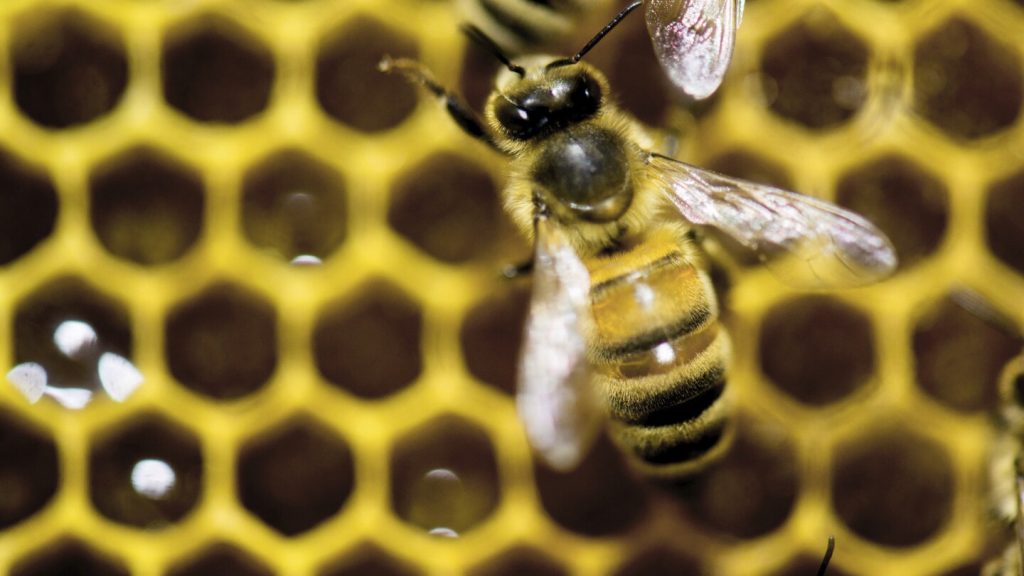Scott’s veto of the bill to restrict the use of neonicotinoids in Vermont has sparked controversy among lawmakers and advocates for pollinators. The bill aimed to ban the use of these toxic pesticides, which are known to harm bees and other pollinators. The governor argued that the legislation was more anti-farmer than pro-pollinator, citing concerns about how the ban would impact Vermont farmers who rely on neonic-coated seeds for their crops. This veto comes at a time when other states, such as New York, are taking measures to limit the use of neonics in order to protect pollinators.
The Vermont Public Interest Research Group criticized Scott’s decision to veto the bill on World Bee Day, calling the legislation a sensible step towards protecting bees and other pollinators from harmful pesticides. The group expressed disappointment in the governor’s choice and emphasized the need to prioritize the health and well-being of pollinators. With the Democrat-controlled legislature considering overriding the veto during a special session, the fate of the bill remains uncertain. Advocates for pollinators are hopeful that lawmakers will prioritize the protection of these vital insects in the face of increasing threats to their survival.
In his veto message, Governor Scott highlighted the challenges facing Vermont farmers, particularly dairy farmers, who are already struggling with rising costs and crop losses due to various factors such as floods and frosts. He pointed out that neonics are widely used in agriculture, with the majority of corn seeds in the country treated with these pesticides. Scott expressed concern that banning neonics in Vermont could put farmers at a significant disadvantage compared to those in other states. He suggested that the state should focus on monitoring and studying the issue to find a balance between supporting farmers and protecting pollinators.
Scott’s decision to veto the bill is part of a larger trend of the governor rejecting legislation that he believes lacks balance and consideration of all perspectives and data. He raised concerns about bills being passed without fully understanding their consequences, which could potentially do more harm than good. With a high volume of bills being passed in the final days of the legislative session, Scott’s approach reflects a desire to ensure that all aspects of proposed legislation are thoroughly evaluated before implementation. This commitment to thorough review and analysis is aimed at safeguarding the interests of Vermont residents, including both farmers and pollinators.
As the debate over the use of neonicotinoids in Vermont continues, advocates for pollinators and environmental groups are urging lawmakers to prioritize the protection of bees and other pollinators. They argue that the governor’s veto undermines efforts to address the growing crisis facing pollinators, who play a crucial role in food production and ecosystem health. With the health of pollinators at stake, the decision whether to override the governor’s veto will be a significant moment in determining Vermont’s stance on pesticide regulation and environmental conservation. The outcome of this legislative battle will shape the future of agriculture and biodiversity in the state, setting a precedent for other regions grappling with similar challenges.


